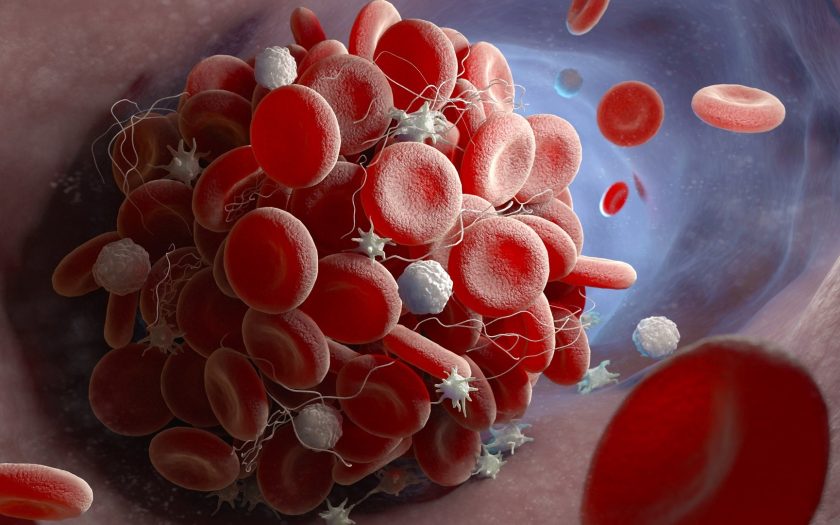Ginger.
Ginger is beneficial for thrombosis prevention due to its anticoagulant properties, as it helps prevent blood from thickening. In one study, women who consumed 5 grams of raw ginger daily showed a decrease in the protein levels that contribute to thrombus formation. Similar results were observed in men who ate 5 grams of ginger twice a day. Most studies used ginger daily, sometimes 2-3 times a day, in amounts ranging from 3.6 to 5 grams (approximately 2½ teaspoons of ground ginger or 4-5 teaspoons of fresh grated ginger). Ginger can be consumed dried, cooked, raw, or in capsule form. Fresh ginger root can also be added to smoothies or fresh juices. Simply grate a small amount of ginger roots and mix it with other ingredients like fruits or vegetables.
Pomegranate juice.
Pomegranate juice reduces inflammation and supports vascular health, lowering the risk of atherosclerotic plaque formation. Numerous studies show that regular consumption of pomegranate juice decreases the likelihood of clot formation. To consume pomegranate juice correctly, drink it in moderate amounts — no more than 1 glass (200-250 ml) per day. It’s best to drink freshly squeezed juice, as it retains more nutrients. If you’re using store-bought juice, choose one without added sugars or preservatives. The juice can be consumed either on an empty stomach or after meals, depending on how your body reacts. Start drinking it gradually to avoid overloading the body. Do not mix pomegranate juice with other juices to preserve its full health benefits. If you’ve squeezed the juice yourself, add a little water to prevent any potential stomach irritation. Additionally, it is important to choose a glass cup for the beverage, as glass does not interact with the drink, thereby preserving all of its beneficial properties.
Kiwi.
Kiwi contains a lot of vitamin C, which reduces inflammation and supports vascular health. Kiwi also helps normalize blood pressure and improves circulation, which aids in thrombosis prevention. To reap the benefits, it is recommended eating 1-2 kiwi fruits per day. Kiwi can be eaten on its own or added to yogurt or oatmeal, giving them a fresh taste and health benefits. This fruit is also suitable for pies, cakes, or even as a filling for tarts. The key is to choose fresh and ripe kiwis, so when you go to the store, pick those that are soft and darker.
Pineapple.
Regular consumption of pineapples or pineapple juice can be beneficial for improving circulation and reducing the likelihood of clot formation, especially when combined with other healthy habits such as a balanced diet and physical activity. However, if you have cardiovascular issues or are taking blood-thinning medication, it is important to consult your doctor before incorporating pineapples into your daily routine. It’s best to eat fresh pineapple, as it retains more nutrients. Simply peel the fruit, cut it into pieces, and enjoy the taste. Pineapple is excellent for salads, particularly when combined with other fruits, vegetables, chicken, or seafood. It adds a fresh, tangy-sweet flavor to dishes.
The products listed above can indeed help reduce the risk of thrombosis, but of course, there are cases where a person may need to take additional medication to prevent blood clots. In such cases, it is important to visit a clinic for consultation and necessary tests, after which the specialist will prescribe the required medications (such as Coumadin, Plagril, or Acitrom).

